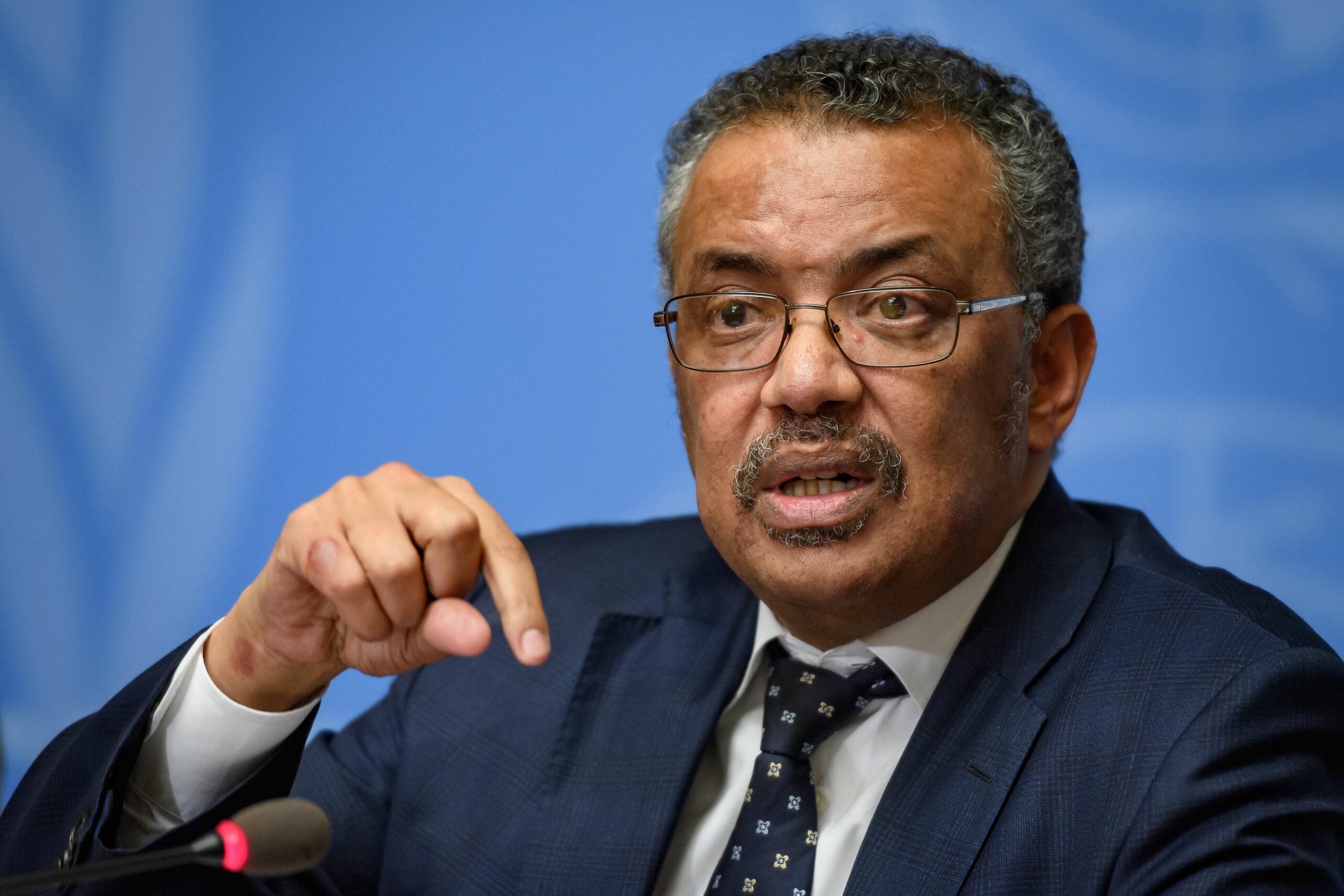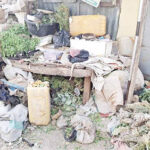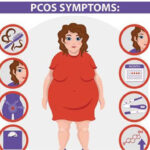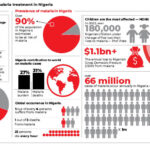The Director-General of World Health Organisation (WHO), Dr. Tedros Ghebreyesus, says an average of 80,000 new cases of COVID-19 are being reported daily since the beginning of April.
Ghebreyesus disclosed the figure in his speech at a news conference in Geneva.
According to him, more than 3.5 million cases of COVID-19 and almost 250,000 deaths have now been reported to WHO.
“But these are not just numbers – every single case is a mother, a father, a son, a daughter, a brother, sister or friend.
“Although, the number of cases reported from Western Europe is declining, more cases are being reported every day from Eastern Europe, Africa, South-East Asia, the Eastern Mediterranean and the Americas.
“However, even within regions and within countries, we see divergent trends; every country and every region needs a tailored approach.
“But the impact of the pandemic goes far beyond the numbers of cases and deaths,” he said.
The director-general said the pandemic had caused severe disruption to essential health services – including to community-based health care around the world.
“Although professional health workers like doctors and nurses play crucial roles, in many countries trained members of the community play a vital role in delivering essential health services,” he said.
Such services, he said, included vaccination, pre-natal screening as well as detection, prevention and management of many diseases.
He said WHO, UNICEF and the International Federation of the Red Cross had published guidance for countries on how to maintain community-based health care in the context of COVID-19.
“It includes practical recommendations for countries on sustaining essential services at the community level, leveraging community health workers for the response to COVID-19 while keeping them safe, and advice for how to adapt services for specific diseases and age groups.
“For example, it suggests using telemedicine wherever possible, and leaving insecticide-treated nets for malaria at the door of households, instead of asking people to collect them from a central location.
“It’s also vital that countries pay careful attention to the most vulnerable members of their societies.
“Crises can exacerbate existing inequalities, which is demonstrated in higher rates of hospitalisation and death among certain populations in many countries.
“We must address this now and in the long-term by prioritising diagnosis and care for those who are most at risk,’’ Ghebreyesus said.
The director-general, who said this was not only the right thing to do, but “it’s the smart thing to do.
“We cannot end the pandemic until we address the inequalities that are fueling it.
“Today’s guidance complements the United Nations framework for the socio-economic response to COVID-19 published last week.
“The framework lays out a “recovery roadmap” for countries to protect lives and livelihoods, and get businesses and economies up and running again as soon as possible.
“Importantly, the framework takes a “health first” approach, recognising that strong and resilient health systems must be the foundation of recovery in all countries,” he said.
He said WHO recommended six criteria for countries to consider as they move to ease lockdown restrictions.
Ghebreyesus said: ”First, that surveillance is strong, cases are declining and transmission is controlled; second, that health system capacities are in place to detect, isolate, test and treat every case and trace every contact.
“Third, that outbreak risks are minimised in special settings like health facilities and nursing homes;fourth, that preventive measures are in place in workplaces, schools and other places where it’s essential for people to go.
“Fifth, that importation risks can be managed and sixth, that communities are fully educated, engaged and empowered to adjust to the “new norm.”
The director-general said the risk of returning to lockdown remained very real if countries do not manage the transition extremely carefully and in a phased approach. (NAN)

 Join Daily Trust WhatsApp Community For Quick Access To News and Happenings Around You.
Join Daily Trust WhatsApp Community For Quick Access To News and Happenings Around You.


